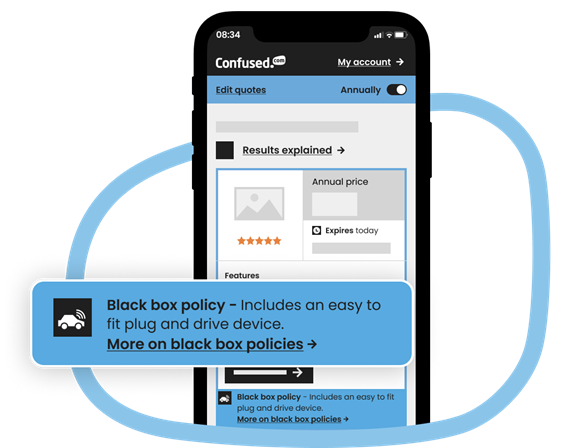"Telematics policies can be a great way to save on your insurance, and they aren’t just for young drivers. Those who find themselves driving less could save with a pay-as-you-go policy, and older drivers who are seeing their prices spike again might be able to save with black box insurance."
- They can be cheaper than standard policies: Occasional and low mileage drivers could benefit from using a pay-as-you-go policy. Younger drivers or those with driving convictions could find a black box insurance policy a useful way to bring costs down. And eco-minded drivers could be rewarded for efficient driving with a green policy.
-
They can help locate a stolen car: Having a telematics device fitted in your car can track your car if it's stolen. It could be particularly useful for students who often live in higher-crime areas. Unfortunately, this doesn’t work with policies that require you to use an app.
- They can help prove fault in a crash: A telematics device or app can monitor speed, braking and more - this can help provide useful data that could be used to prove who was at fault if you're involved in a collision.
- They can improve driving standards: In an effort to increase your driving score, a black box policy will typically give you tips to drive safely. If you’re a bit sharp on the brakes, for example, your insurer will let you know, and you can improve accordingly.




